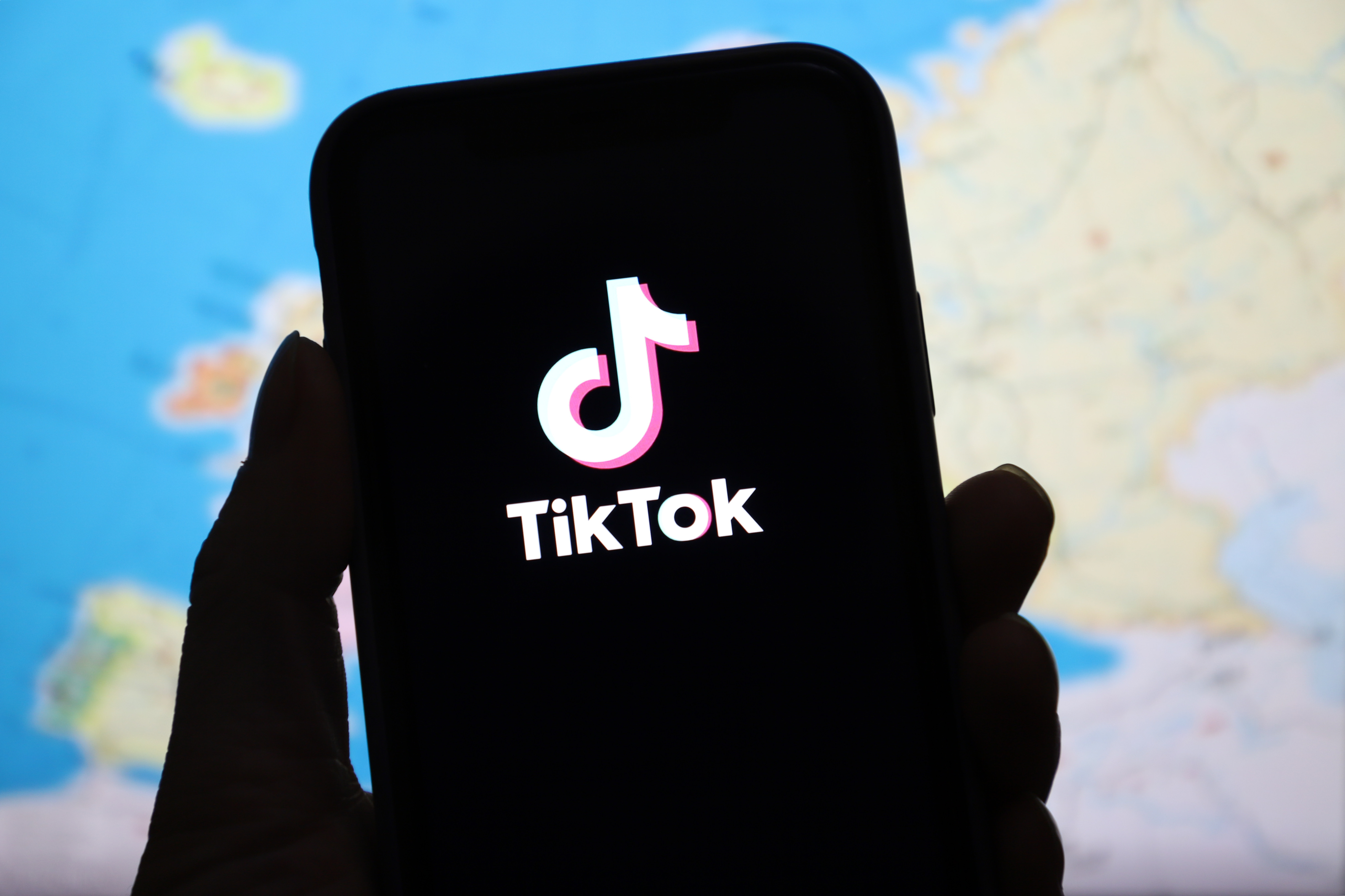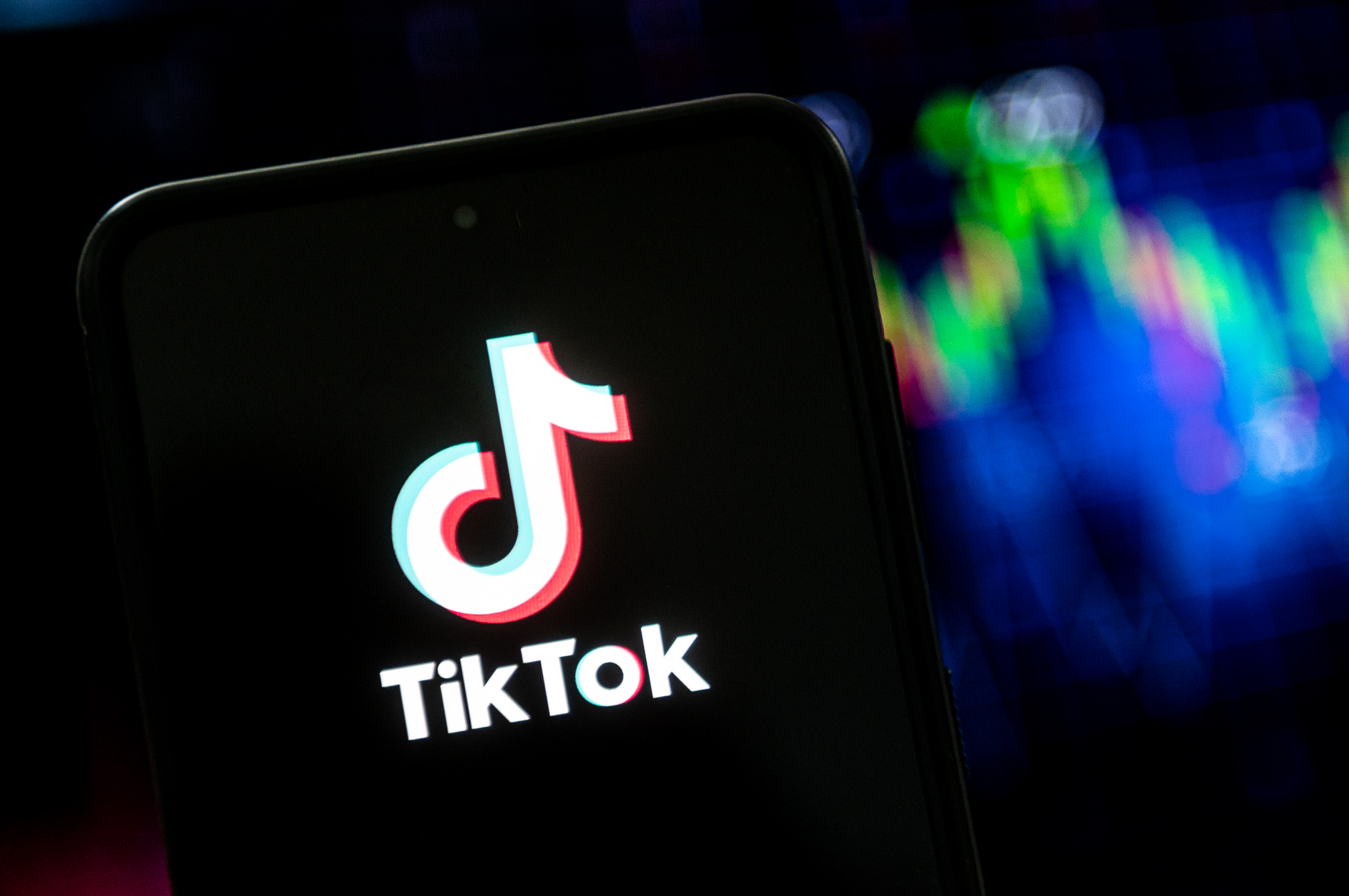TikTok said Wednesday that every account held by a user under the age of 18 will have a default 60-minute daily screen time limit in the coming weeks. The changes arrive during a period in which there are growing concerns among different governments about the app's security.
Families have struggled with limiting the amount of time their children spend on the Chinese-owned video sharing app.
Cormac Keenan, head of trust and safety at TikTok said in a blog post Wednesday that when the 60-minute limit is reached, minors will be prompted to enter a passcode and make an “active decision” to keep watching. For accounts where the user is under the age of 13, a parent or guardian will have to set or enter an existing passcode to allow 30 minutes of extra viewing time once the initial 60-minute limit is reached.
TikTok said it came up with the 60-minute threshold by consulting academic research and experts from the Digital Wellness Lab at Boston Children's Hospital.
Social media executives, including those from TikTok, have been called before Congress to explain how they are preventing harm for young users.
TikTok also said Wednesday that it will also begin prompting teens to set a daily screen time limit if they opt out of the 60-minute default. The company will send weekly inbox notifications to teen accounts with a screen time recap.
More TikTok Coverage:
Some of TikTok's existing safety features for teen accounts include having accounts set to private by default for those between the ages of 13 and 15 and providing direct messaging availability only to those accounts where the user is 16 or older.
TikTok announced a number of changes for all users, including the ability to set customized screen time limits for each day of the week and allowing users to set a schedule to mute notifications. The company is also launching a sleep reminder to help people plan when they want to be offline at night. For the sleep feature, users will be able to set a time and when the time arrives, a pop-up will remind the user that it's time to log off.
Outside of exorbitant use by some minors, there are growing concern about the app around the world. The European Parliament, the European Commission and the EU Council have banned TikTok from being installed on official devices.
That follows similar actions taken by the U.S. federal government, Congress and more than half of the 50 U.S. states. Canada has also banned it from government devices.



